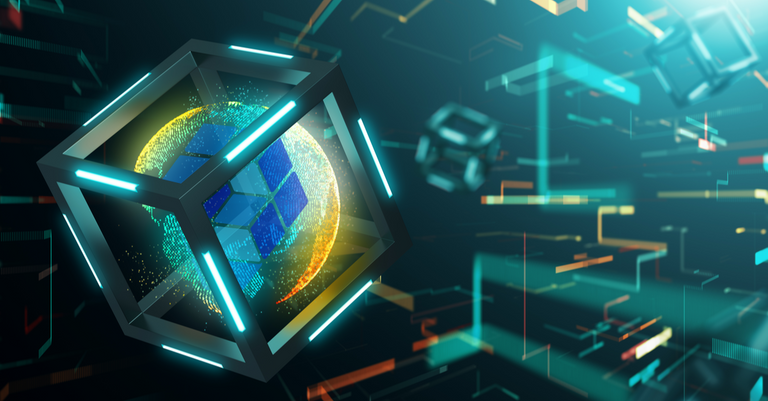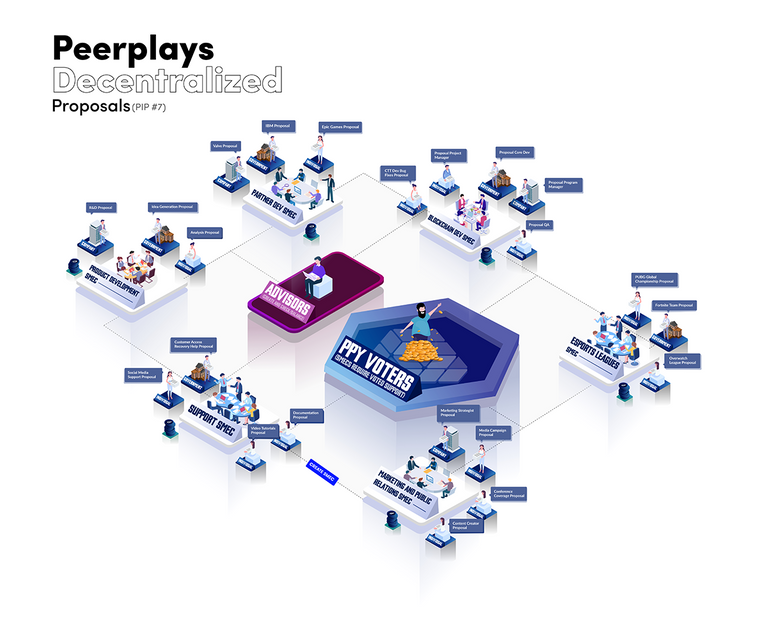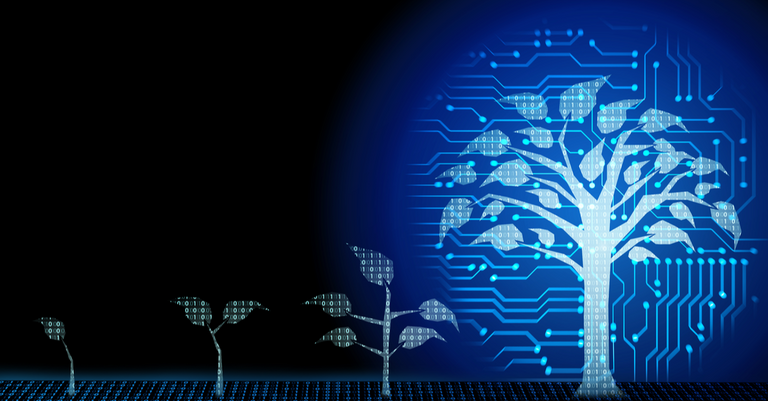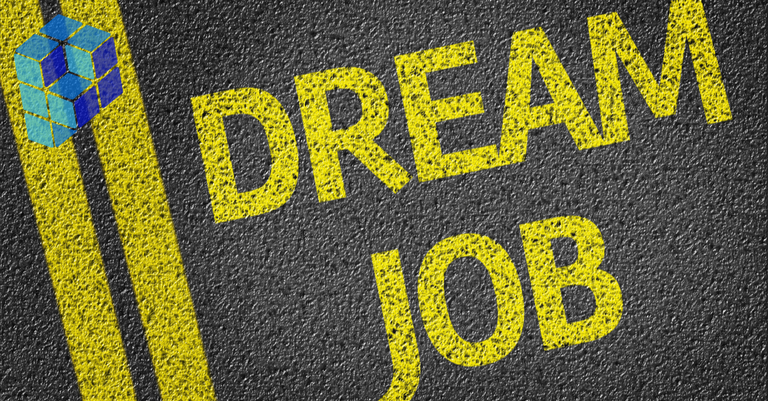
Imagine…
Esports teams being sponsored by the Peerplays blockchain.
Game developers bringing their games to Peerplays and having smart contracts forever, rewarding them for their game being used from all over the world.
Lawyers providing legal documentation and representation for both the esports teams and the game developers working on Peerplays, and the Peerplays Decentralized Autonomous Cooperative (DAC), made up of the PPY token holders, is paying the bill.
The government of a country — any country — wants to assign a regulatory committee to Peerplays to officially endorse and participate in the formation of standards for their citizens.
Nations, regulators, companies, independent workers, and NGOs from around the world now have the opportunity to participate in the emerging global economics of blockchain ecosystems.
While networks like Bitcoin have used Proof Of Work mining as the only means of participating in the governance of those blockchains, using a combination of mathematics and social consensus via code updates, others utilizing new consensus mechanisms offer easier to access methods for providing services to a blockchain ecosystem.
The next generation focuses on human energy consumption rather than computing energy in order to receive the reward from the blockchain for the work performed.

Can We Play, Too?
In my last article Will Regulators Survive in a World of Rules Without Rulers I dove into the regulatory world and some of the challenges it faces in properly protecting the interests of users. Public decentralized blockchains have remained difficult for regulators to align with primarily due to jurisdictional limitations and scope in agendas they need to carry out.
Rightly so, these networks have given little consideration to these jurisdictional limitations. Why focus on better wheels to travel on land when your intended use is to have the freedom to fly? Regulators have struggled in every technological advancement, from the invention of flight, to the introduction of the Internet, and now blockchain.
To put it simply, technology advancements continue to keep ahead of regulators’ ability to protect while limiting businesses from being able to best serve their markets.
It has hampered innovation and progress which could better serve the public.
In my article, I welcomed the regulators to consider connecting with blockchains in meaningful ways so that they could better understand and serve the users of these blockchains in the very ecosystem that governs it. On October 10, 2019, I published a Peerplays Improvement Proposal (PIP) titled Peerplays Decentralized Proposals where I offered a high level design of a gamified proposal system for the Peerplays blockchain that would enable its governance to manage and respond to the multiple needs of any organic decentralized organization.

The fundamentals of these mechanics were born from my hands on experience in working with various public decentralized blockchain networks for over five years. I have worked with mining and Delegated Proof of Stake (DPOS) consensus at every level available both in earlier versions, and new.
Some blockchain networks such as Steem, Bitshares, Dash, and EOS, have the mechanisms built into them to enable anyone to provide a specific service to a blockchain or its community in exchange for the core token of that network as the reward.
Ultimately, these systems’ mechanics employed a type of flat level management system which left much of the proper checks and balances to the system to be handled off chain. Nobody really knew how these systems would work when first introduced.
Everyone had their own theories, and their own ideologies on what the intended use of these systems should be; but as is so often the case in blockchain, the real world use ends up being something that the operations were never intended for.
This is how public decentralized blockchain networks learn and evolve. Experiment, analyse results, and refine in a type of Agile approach to better align incentives that encourage the intended use of new functions.

Consensus — From POW to DPOS, we now have GPOS
In the Peerplays Decentralized Proposal (PDP) system I have taken both the mathematics and the social consensus of blockchain into careful consideration. The objective being to provide a balanced means to enable people from all walks of life to work for blockchain.
The act of mining in blockchain is an expenditure of energy.
Through Proof of Work (POW) consensus, we create a race condition of competition which expends energy in order to provide the transactional security of the blockchain. A fairly simple and elegant design for blockchain designs for a monofunctional purpose, if you are technical enough to handle it.
DPOS and other multifunctional blockchains utilize proposal systems to encourage “Workers” to provide services to those blockchains in a decentralized fashion. The system allows for anyone from anywhere to create a proposal to do Work for blockchain.
This proposal would essentially include the username, and the amount of rewards they want over a period of time, in exchange for some kind of service they will perform for the blockchain. This is often detailed in some offchain website, post, or page. If it gains enough votes from the token holders of the blockchain, then it activates their Worker and they immediately begin receiving rewards.
In a decentralized ecosystem, those that are the token holders
are akin to the miners, expending their energies in voting.
Make no mistake about it, it takes real energy, effort, and time to research a proposal and cast a meaningful vote in order to allocate the rewards to those things which will bring added value to the blockchain. Where this becomes even more difficult is when the cognitive load to judge how numerous proposals are performing within their respective spaces becomes too great for community members to handle.
In flat mechanics of the past, my experience has shown that in a decentralized public blockchain, this will lead to key performance indicators of a proposal becoming lost in translation, as the general public can only really process what might be a brochure concept of the value being provided.
This often leads to proposals which underperform and become overpriced, leading to heavy inflation on the blockchains which had anticipated the energy output to match or out perform the reward that was given for it. This leads to a petrified market effect to Proposals over time where potential Workers fear the mechanics of the system, and voters fear they will continue to not get the value expected from Worker efforts.
In the Gamified Proof of Stake (GPOS) consensus, which is unique to the Peerplays blockchain, a mechanism recognizes not just the energy to produce blocks and other technical needs of a blockchain, but the need for other types of services to better support a multifunctional blockchain ecosystem.
The process of gamification is about incentivizing behaviours
through game theory in order to produce the desired outcome.
This is critical to the healthy operation of a multifunctional blockchain.
GPOS consensus relies on mechanics of voting in a similar fashion while employing added gamified elements to better align voters and improve security. The Peerplays Decentralized Proposal system starts with a check and balance with the Advisors, a group which can be comprised of individuals, companies, regulators, or even governments.
They have the capability of creating new units called Subject Matter Expert Committees (SMEC). The SMECs are designed to act essentially as managing directors aligned to only receive rewards based on the performance of the Workers they employ in the successful execution of their mandates.

Peerplays Decentralized Autonomous Cooperative Hiring — Help Wanted!
For example, one of the first things a Decentralized Autonomous Cooperative (DAC) blockchain needs is a website that represents it. Through the PDP, the advisors would create a SMEC for Communications that incorporates a daily budget the SMEC can access to allocate to its Workers. This would open up 3 to 9 potential candidates who could take the role of serving on the Communications SMEC for the DAC.
Now it’s up to the Peerplays PPY token holders to vote on the members who have the best credentials to fulfill the role of advising and managing others who could provide the website work for the blockchain.
Once enough members have been elected, they would then work together to create pre-proposals which all of them must submit and have voted with approval by all SMEC members. Their ability to operate the SMEC extends for six months in order. Notice the energy output for the SMEC is not the work itself, but managing the work others will do for the blockchain.
Perhaps someone has a different proposal for the task and decides to submit their own Proposal to the Communication SMEC. It is received to them and, if approved, will then become activated with the SMEC. SMECs will then be required to report on the progress of the period in order for rewards to be released from the blockchain for all participants including the Workers.
All of this is happening on a public decentralized blockchain
which all the PPY token holders can verify.
Every SMEC has six months to prove their performance or potentially lose their support from the PPY voters. In the event that they have committed some extreme wrong, there are other immediate measures that can be taken by the Advisors. In the end, everyone is aligned by the incentives to produce the value expected within the field of expertise focused so that the DAC realizes the value expected out of the energy expended in the specified tasks.

The Future Of Jobs Is In Public Decentralized Blockchains
There is a strong demand for more decentralized supporting services in the Peerplays DAC. This means it is likely that we will see this improvement proposal supported in 2020. This is good news to all kinds of organizations around the world. An entire new ecosystem of jobs that anyone from anywhere in the world can then be rewarded for the value they deliver.
It’s exciting what this means to our economic future and how decentralized organizations will evolve to embrace more than just computing power in producing consensus, but harnessing the power of human expertise.
As the economic climate of the world continues to shift under the weight of policies that have proven catastrophic in the hands of power over time, if you want to survive, it is best to position yourself within a system that will have the capability to rise above the coming tsunami.
Decentralized systems have the ability to scale and survive in ways current systems are failing, making the prospects for building long term value in working for the blockchain perhaps the best work decision anyone from junior to senior experience can make for themselves and generations to come.
Do you believe there is a future in working for the blockchain?
Great to see job opportunities on the blockchain.
There should be no end to potential applicants at the upcoming Decentralized 2019 in Athens!
I note the whole point of decentralization is to eliminate middlemen representing individuals. It's no wonder politicians see blockchain as the plague.
Good. Freedom is a plague that only strikes tyrants.
Thanks!
Gamified Proof of Stake sounds very interesting! This concept may change a lot in 2020! I have just subscribed!
Congratulations @jonathan.bahai! You have completed the following achievement on the Steem blockchain and have been rewarded with new badge(s) :
You can view your badges on your Steem Board and compare to others on the Steem Ranking
If you no longer want to receive notifications, reply to this comment with the word
STOPVote for @Steemitboard as a witness to get one more award and increased upvotes!